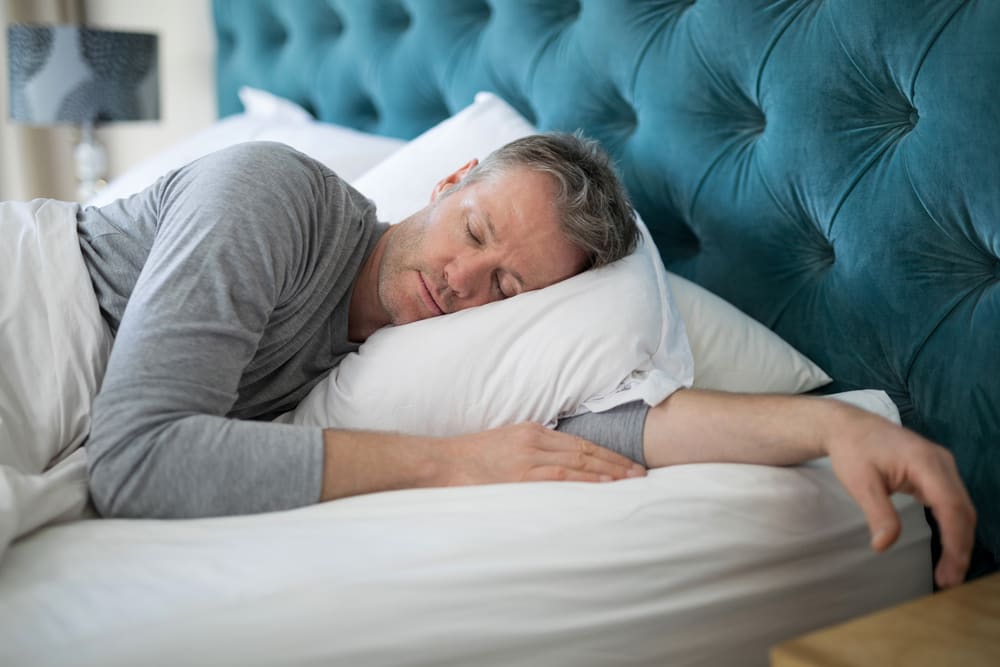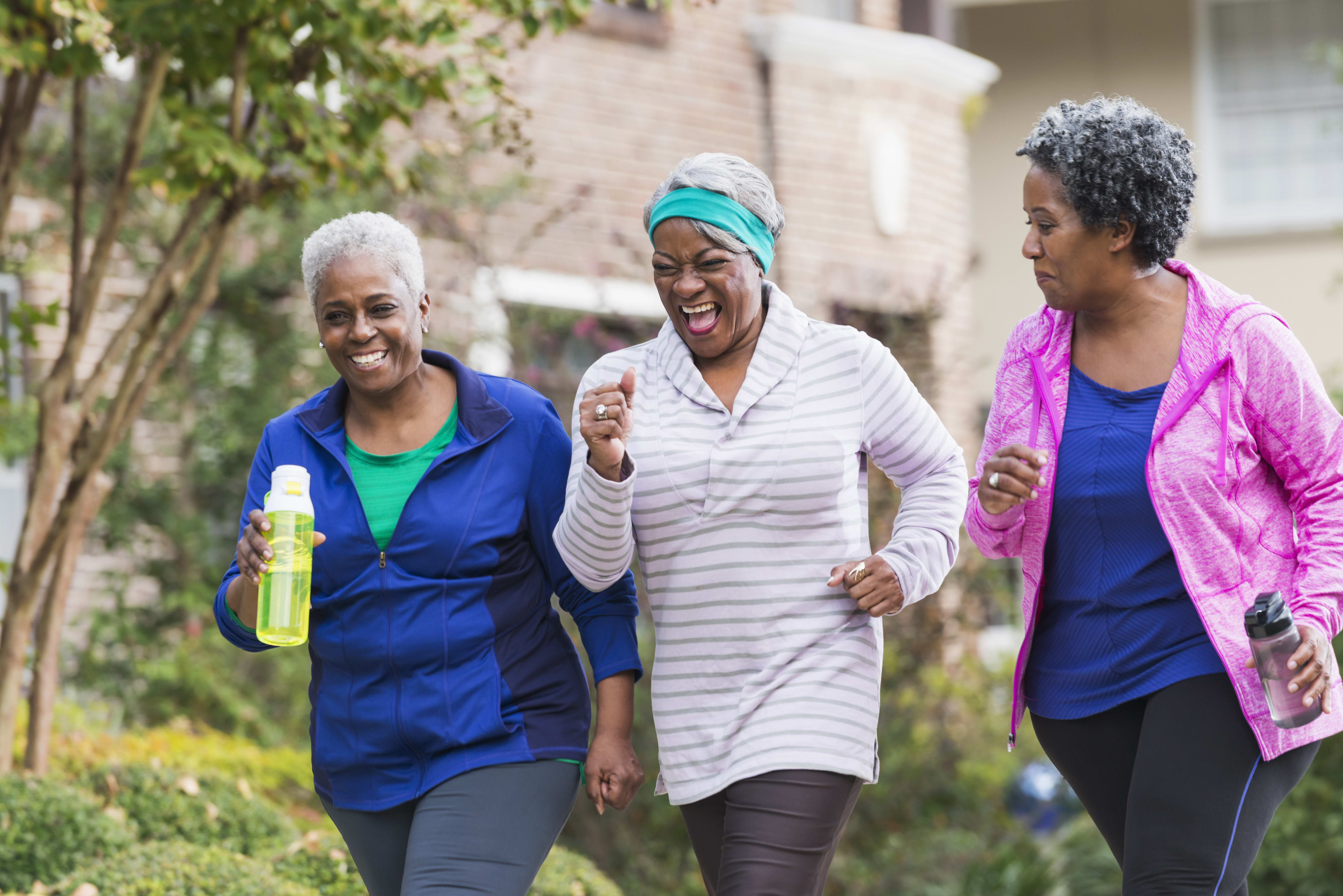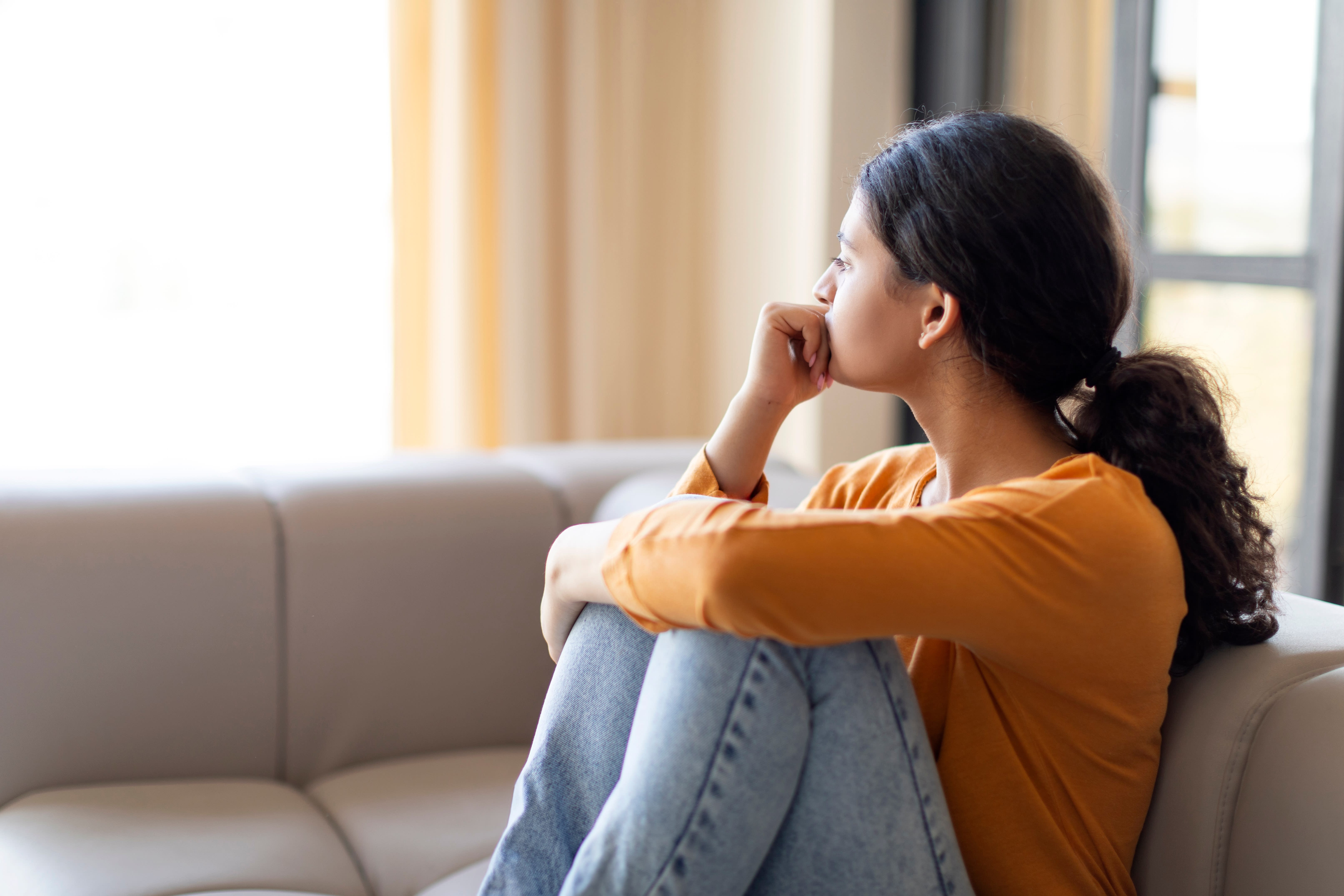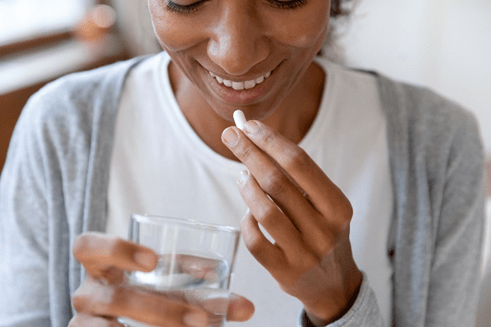Get help catching your z’s naturally

Get help catching your z’s naturally (no drugstore required)
Sleep is hard to come by for many Americans. Up to 70 million have a chronic sleep disorder. And 1 in 3 say they don’t get enough sleep.
But sleep is vital — as critical to life as water, food and air. Not only does it give you the energy to get through the day, but it boosts brain function and physical health, and it plays an important role in mood and overall emotional well-being.
Yet if you’re among the millions of Americans coming up short on your z’s, don’t worry. There are plenty of ways to find relief — without relying on sleeping pills.
The benefits of a good night's sleep
The advantages of sleep are countless and critical to a long, healthy life. Some benefits of sleep include:
- A healthier heart
- A lower risk of developing chronic conditions like diabetes, stroke and high blood pressure
- Help staying at a healthy weight
- Improved attention and memory
- Improved mood
- Less frequent illness
- Reduced stress
But what’s the definition of a good night’s sleep? It’s not only getting the recommended amount, but it’s also getting uninterrupted sleep.
Disruptions to sleeping well
If you regularly wake up in the middle of the night, have trouble going to sleep or struggle to wake up in the morning, you may not be getting the quality sleep you need. Interrupted sleep can be caused by many things, including:
- Certain types of medications
Many prescription drugs can interfere with sleep, including some antidepressants and blood pressure medications. A few over-the-counter drugs, like pain, allergy and cold medicines, can also impact your sleep. Check medication labels before taking anything close to bedtime. - Some health conditions
In addition to sleep-related disorders themselves, like sleep apnea, restless leg syndrome and insomnia, other health conditions can impact sleep. These include diabetes, cancer, chronic pain, Alzheimer’s disease, gastroesophageal reflux and asthma. - Hormones
That’s right — hormones can play a role in how well you sleep. Especially for women nearing menopause, hormone fluctuations can cause night sweats and hot flashes, leading the brain to wake up during sleep. Plus, lower levels of progesterone can make falling asleep harder. - Alcohol
Yes, alcohol is a depressant, meaning it slows down the messages between the brain and the body and typically makes you feel more relaxed and less anxious. Yet these effects are usually only temporary. While drinking alcohol close to bedtime may help you fall asleep, it can also make you more likely to wake up in the middle of the night.
4 tips to help you fall back to sleep naturally
So, if you don’t want to rely on the drugstore to get you through the night, here are four tips to help you get back to sleep:
- Create a peaceful sleep environment.
Keep your hands off technology (phone, TV or computer) and, instead, reach for a book or listen to relaxing music if you find yourself up in the wee hours struggling to fall back to sleep. Also, make sure your bedroom is dark enough to reduce potential distractions. Even low levels of light have been shown to disrupt circadian rhythm and cause fragmented sleep. - Be proactive with any health concerns.
If you have a condition that affects your sleep, like gastroesophageal reflux disease or sleep apnea, talk to your doctor about treatments that could help. Your doctor also may be able to help determine if you would benefit from a sleep study or from talking with a sleep expert. There’s also something called cognitive behavioral therapy for insomnia that’s designed to retrain your body and mind to more easily achieve quality sleep. - Take a look at your physical activity.
Are you getting enough exercise each day? Maybe just a 30-minute walk around the neighborhood with your dog? Even small amounts of physical activity each day can make major impacts on how well you sleep each night. That said, make sure you don’t exercise too close to bedtime because that can make it harder to fall asleep. - Avoid alcohol, caffeine and late-night meals.
Each of these three things can threaten your hopes for a good night’s sleep. Keep any caffeine intake to at least six hours before bedtime and swap that bedtime nightcap for a glass of milk or cup of (caffeine-free) tea instead. Also, aim for a dinnertime that’s closer to 6 or 7 than 8 or 9.
The bigger sleep picture
When it comes to sleep, it’s important to remember that a 2 a. m. wake-up here and there probably isn’t a sign of a larger problem. But consistently waking up in the middle of the night is. And that’s when you should try changing your habits, your environment or getting help from your doctor.
Find a doctor
If you’re looking for a primary care provider, you can search for one who’s right for you in our provider directory.
Download the Providence app
It’s all in the app: easily stay connected with Providence and your health. With the Providence app, you can schedule appointments, have virtual visits from the comfort of your own home, get health recommendations personalized for you, access your health records and so much more. Learn more and download the app.
This information is not intended as a substitute for professional medical care. Always follow your health care professional’s instructions.


